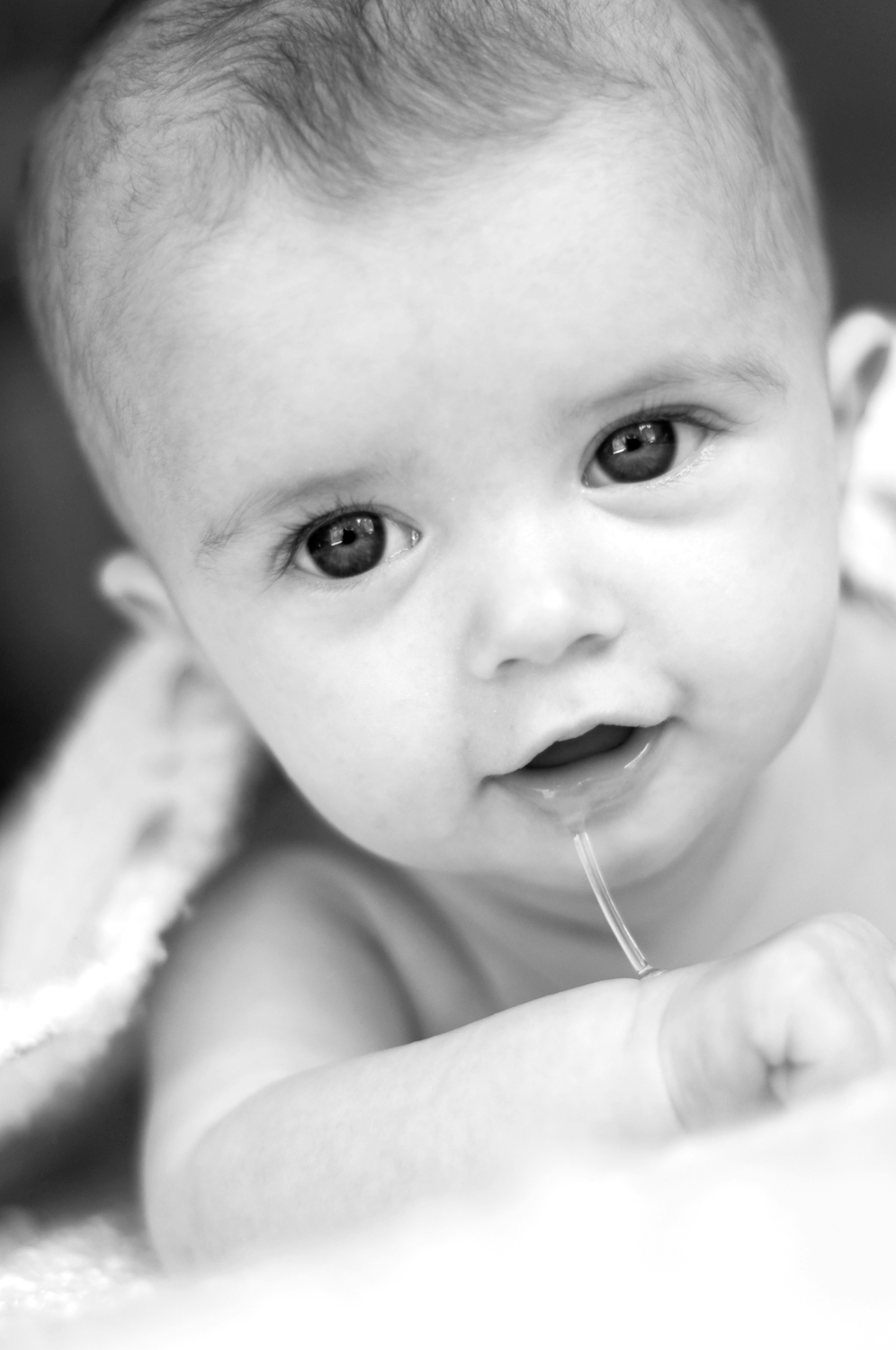Saliva is important for breaking down the food we eat. Not to mention, salivating indicates how hungry we are before we indulge in a delicious meal. Back in the day, you may have even used it to create spitballs during class. But according to a recent study, saliva plays a role in not only irritating our teachers and eating but also in diagnosing concussions.
Steven Hicks, an assistant professor of pediatrics, and his team of researchers at the Penn State College of Medicine analyzed the molecules called microRNA in saliva to diagnose concussions and predict the duration of symptoms. The researchers compared this innovative approach two traditional approaches to identifying concussions: the Sport Concussion Assessment Tool and parent observations. Hicks discovered that using saliva helped identify 85% of those who would suffer symptoms for over a month. This method of analyzing these molecules were more This turned out to be more about 30% more accurate than the Assessment Tool and about 70% more accurate than what parents believed.
Image Source: Amy Frazier, Shooting the Kids Photography
Hicks argues that the saliva approach provides a more quantitative test result to diagnose concussions. In contrast, the two traditional approaches are subjective because they both depend on examining the patient. Hicks emphasizes the importance of being able to predict recovery time. This gives patients, their parents, and coaches – for those who play sports – a more accurate timeline for full recovery. Doctors can also use these results to introduce appropriate treatment options earlier to prevent more complications from arising.
Hicks explains that more research still needs to be done on microRNAs in saliva. A concussion is a serious injury because it can have adverse mental effects in the long term. Therefore, as Hicks says, medical professionals need a more objective and concrete way to diagnose concussions, and ultimately, this method may help improve recovery from concussions and mitigate their long-term impacts.
Featured Image Source: baby drool by HappyHeartPhotography2010










